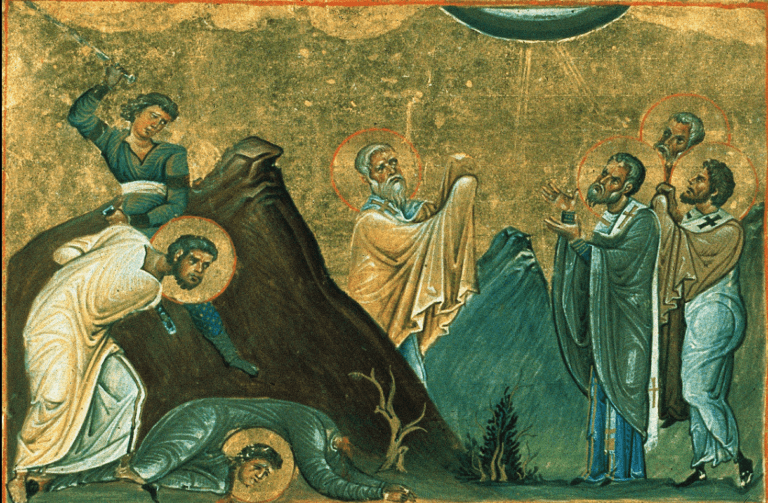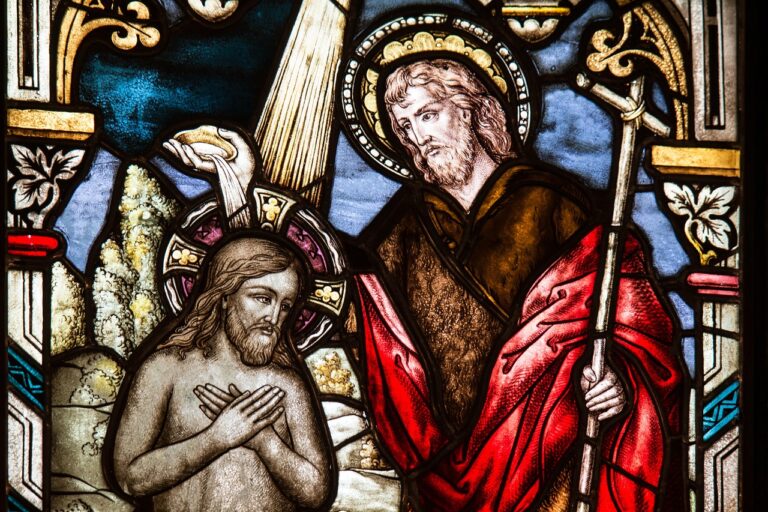This article explores the personal journey of leaving the Wisconsin Evangelical Lutheran Synod (WELS). It delves into the reasons behind this decision, the impact on personal beliefs, and the search for a more fulfilling spiritual path. This story is not just about leaving a church but also about seeking authenticity and connection.
Understanding the WELS Background
The Wisconsin Evangelical Lutheran Synod (WELS) is a conservative Lutheran denomination known for its strict adherence to biblical teachings. Established in the 19th century, WELS emphasizes doctrinal purity, traditional worship, and a strong sense of community among its members. Many find comfort in its structured theology and communal practices, which offer stability and a sense of belonging.
However, this strict adherence can also lead to a rigid environment where questions and doubts are often discouraged. For some, the very structure that provides comfort can become a source of tension. While WELS promotes the idea of unwavering faith, the reality for many is that faith often involves wrestling with questions, uncertainties, and personal experiences that don’t always align with the teachings of the church.
As I navigated my spiritual journey within WELS, I began to feel the weight of these tensions. The more I learned and experienced outside the confines of the church, the more I realized that my beliefs were evolving in ways that no longer fit within the established framework of WELS.
Personal Spiritual Growth
Personal spiritual growth is a journey that involves questioning, exploring, and sometimes changing one’s beliefs. For me, this journey was marked by a desire for deeper understanding and a more personal connection with faith. As I engaged with various theological perspectives and wrestled with my beliefs, I found myself questioning the doctrines that I had previously accepted without scrutiny.
Attending sermons and Bible studies often left me feeling unfulfilled. I sought a richer spirituality that emphasized love, compassion, and community over strict adherence to dogma. I craved a faith that encouraged exploration rather than conformity—a faith where questions were welcomed, and spiritual growth was celebrated.
Through this process, I began to encounter various interpretations of Christianity that resonated with my evolving beliefs. I found myself drawn to communities that embraced diversity in thought and practice. This exposure to different perspectives ignited a desire for a faith that was not only about doctrine but also about love, acceptance, and understanding.
Community and Connection

Community plays an essential role in any faith journey. Within WELS, the sense of community is strong, with members often forming deep bonds through shared beliefs and experiences. However, as I began to question my faith, I noticed that my connections within the church felt increasingly strained. Engaging in conversations about differing beliefs often resulted in discomfort or disapproval.
I longed for a community that valued diverse perspectives and encouraged open dialogue. I wanted connections that were not solely based on shared beliefs, but also on mutual respect, understanding, and love. Leaving WELS meant seeking out spaces where people could come together despite differing views, creating a richer, more vibrant community.
In my search for a new community, I found opportunities to engage with groups that fostered inclusivity and acceptance. These communities not only welcomed questions but also celebrated the unique journeys of their members. This shift allowed me to connect with others on a deeper level, discovering the beauty of faith in its many forms.
Theological Differences
The theological differences between WELS and my evolving beliefs played a significant role in my decision to leave. WELS emphasizes a literal interpretation of Scripture and strongly adheres to its established doctrines. While this approach has its merits, it often left little room for personal interpretation or exploration.
As I delved deeper into theological discussions, I encountered ideas that challenged the rigid boundaries of WELS teachings. Concepts such as grace, social justice, and the importance of love over law began to resonate with me. I realized that my understanding of God and faith was expanding beyond the limitations of traditional Lutheran doctrine.
This growing awareness led me to question the rigidity of WELS teachings. I sought a faith that embraced complexity and acknowledged the multifaceted nature of spirituality. Ultimately, my desire for a more inclusive and nuanced theological perspective became a significant factor in my decision to leave the WELS.
Seeking Authenticity
Authenticity is a core value in any spiritual journey. For me, leaving WELS was about seeking a faith that felt genuine and true to my experiences. I wanted to align my beliefs with my values, living a life that reflected my understanding of love, compassion, and justice.
Within WELS, I often felt pressure to conform to a specific set of beliefs and practices. This pressure created a disconnect between my inner self and my outward expression of faith. I realized that to live authentically, I needed to break free from the confines of an environment that demanded conformity over individuality.
In seeking authenticity, I began to explore different faith communities that prioritized personal experiences and individual journeys. I found solace in spaces that encouraged vulnerability and openness, allowing me to share my story without fear of judgment. This newfound freedom to express my beliefs and experiences became a vital aspect of my spiritual growth.
Embracing a New Path
Leaving WELS was not an easy decision, but it was a necessary step in my journey toward spiritual fulfillment. Embracing a new path meant letting go of familiar structures and embracing uncertainty. However, this uncertainty also opened doors to new experiences and perspectives that enriched my understanding of faith.
As I explored different faith communities and practices, I discovered a wealth of resources that supported my spiritual growth. I engaged in conversations with individuals from diverse backgrounds, learning from their experiences and insights. This exposure to various beliefs helped me to develop a more nuanced understanding of spirituality.
Embracing this new path has allowed me to cultivate a deeper relationship with spirituality, one that is rooted in love, acceptance, and compassion. I have learned to appreciate the beauty of diversity within faith and to celebrate the unique journeys of others. This journey continues to unfold, guiding me toward a more authentic and fulfilling spiritual life.
Conclusion
Deciding to leave the WELS was a deeply personal journey shaped by my desire for spiritual growth, community connection, theological exploration, and authenticity. While WELS provided a sense of belonging, it became clear that my evolving beliefs could no longer be contained within its framework. In seeking a more inclusive and compassionate faith, I found the courage to embrace a new path that aligns with my values and experiences.
This journey is ongoing, filled with exploration, learning, and connection. It serves as a reminder that faith is not a destination but a journey—a journey that can lead us to discover deeper truths about ourselves and the world around us. By seeking authenticity and embracing the complexities of spirituality, we can cultivate a faith that is rich, vibrant, and true to who we are.
FAQs
1. What are some common beliefs of WELS?
WELS adheres to a conservative interpretation of the Bible, emphasizing salvation through faith in Jesus Christ, the authority of Scripture, and traditional practices of worship. They prioritize doctrinal purity and often discourage questioning of established beliefs.
2. How can I find a new spiritual community?
To find a new spiritual community, consider exploring local congregations, attending different religious services, or joining interfaith groups. Online platforms and social media can also be excellent resources for connecting with diverse faith communities.
3. What are the benefits of exploring different faith perspectives?
Exploring different faith perspectives can lead to a broader understanding of spirituality, foster personal growth, and enhance empathy toward others. It allows individuals to engage with diverse ideas and practices, enriching their own faith journey.
4. How can I maintain connections with friends still in WELS?
Maintaining connections with friends in WELS involves open and respectful communication. Share your journey and experiences while also being receptive to their beliefs. Focus on the common values that brought you together and strive to foster understanding.
5. Is it normal to question one’s faith?
Yes, questioning one’s faith is a natural part of spiritual growth. Many individuals go through periods of doubt and exploration as they seek to understand their beliefs better. This process can lead to deeper insights and a more authentic relationship with spirituality.







This is the kind of writing that doesn’t just sit on the page — it makes you feel something deep inside.
In my opinion you are mistaken. Write to me in PM, we will discuss.
catamaran hire caribbean
Good shout.